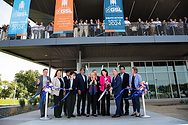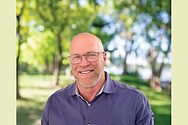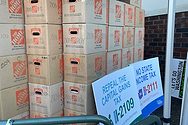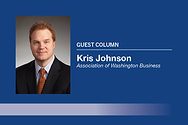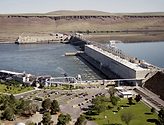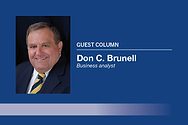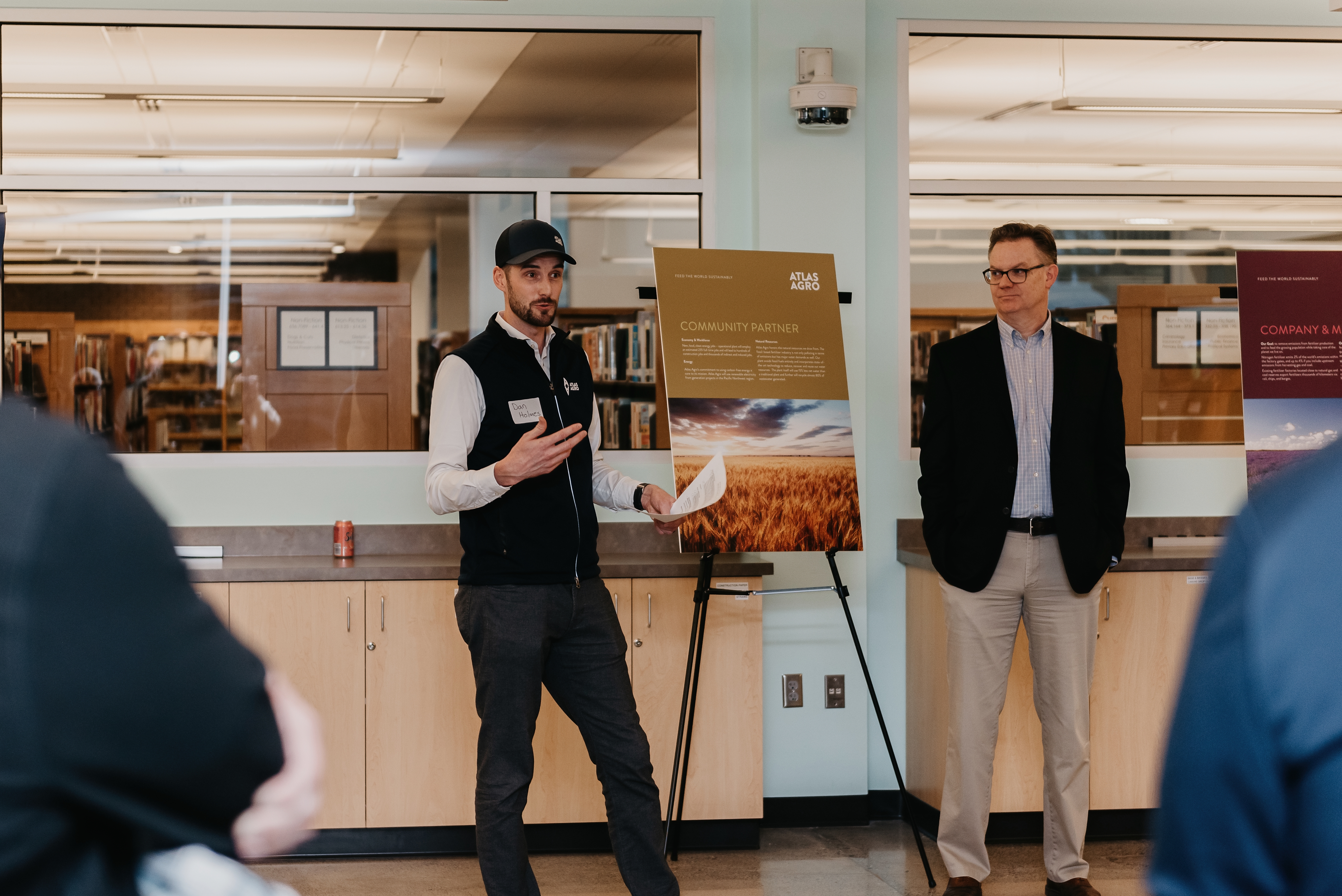Energy
What’s the cost if voters erase capital gains tax, end cap-and-trade?
Analyses bound for the state’s voter pamphlet examine the financial effects of initiatives 2109 and 2117 passing this fall
Read More
Measure to prevent phasing out of natural gas is on track for fall ballot
Supporters submitted 400,000-plus signatures in support of I-2066
Read More
Environment
U.S. and Canada reach tentative deal on Columbia River Treaty update
Existing treaty has been in place since the 1960s
Read More
Opinion
As ‘Cleanup to Clean Energy’ initiative moves forward, local community’s voice must be heard
Recent congressional hearings highlight community-led vision for future of excess Hanford lands
Read More

